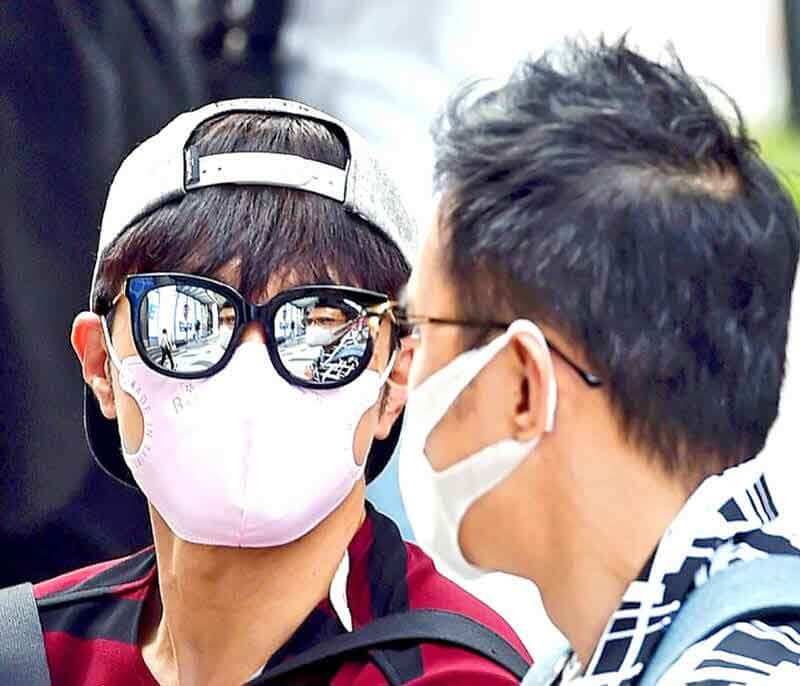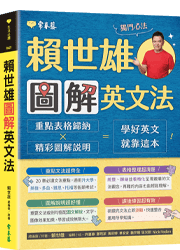
- Taipei Times
- 發布於 Feb.20,2023

延伸閱讀 >> 吃藥別說成”eat medicine”,看病超重要必備英文一次搞懂
Photo: Taipei Times file photo
今天(2023/2/20)口罩禁令規定鬆綁,上班、上課可以不用戴口罩了,但卻發現很多人還是習慣戴著口罩,除了健康因素,還有自信問題...
Some people, especially adolescents, could experience “appearance anxiety” when the mask mandate is lifted today, as they can no longer hide their face behind a mask, a psychiatrist said.
Appearance anxiety is often observed among adolescents, as this age group tend to be more concerned about their appearance, Taiwan Adventist Hospital psychiatrist Hsu Cheng-dien (許正典) said.
During the COVID-19 pandemic, people were able to hide their face behind a mask, but they could become anxious as masking is no longer required, Hsu said.
Many young people seek treatment at dermatology clinics for acne and other skin problems, but some are so concerned about their skin that it affects their learning, so they are referred to psychiatrists, he said, adding that these cases include boys and girls.
This is more common among Asians than teenagers elsewhere, as they are subjected to stricter beauty standards, Hsu said, adding that it can be reflected through a lack of self-confidence, self-suppression and overemphasis on appearance.
He suggested that parents encourage their children to value their achievements and hobbies, rather than focusing on their appearance.
A student who declined to be named said teenagers care a lot about their appearance, and taking off their mask would feel like “opening up a surprise goodie bag.”
Some students who have “appearance anxiety” think they “don’t look good without a mask,” St Dominic High School student association vice president Lo Ze-lun (羅則倫) said.
A student surnamed Huang (黃) at the Affiliated Senior High School of National Taiwan Normal University said he was traumatized after someone said he “looks different” without a mask on.
Yuan Ze University student association president Liu Yao-wei (劉曜維) said some people “feel naked” when taking off their masks; while Chung Yu-han (鍾玉涵), a senior student at Tzu Chi University’s Department of Family Studies and Child Development, said she thinks she looks better wearing a mask.
A survey showed that about 78 percent of students would continue wearing a mask, Taiwan Youth Association for Democracy director Chang Yu-meng (張育萌) said.
Some academics have said appearance anxiety stems from a sense of insecurity, and that anxiety comes from lack of self-confidence.
“Unmasking” anxiety could have five aspects: health concerns, group infections, insecurity, habitual behavior and an altered sense of security, said Wang Lih-rong (王麗容), a professor in National Taiwan University’s Department of Social Work.
Appearance anxiety is caused by insecurity, she said, adding that some people feel they do not look good, so the lack of self-confidence and the habit of masking makes them feel anxious when they are not wearing a mask, thus it could be difficult for them to adjust.
Explaining the idea of an altered sense of security, Wang said some good-looking people could find that wearing a mask prevents some troubling social interactions, such as being hit on, so they feel safer wearing a mask.
Masking used to be associated with illness or crime, National Pingtung University College of Education dean Chien Cheng-hsi (簡成熙) said, adding that after the SARS outbreak in 2003, many people in Asia learned that wearing a mask not only protects oneself, but also protects others.
As masking is seen as a positive social norm in Taiwan, he said he expects about 30 percent to 50 percent of people to continue wearing a mask.
People who experience appearance anxiety when unmasked might have an unstable sense of self and be more sensitive to the opinions of others, Light Heart Counseling Institute counseling psychologist Lin Shang-neng (林上能) said, adding that wearing a mask allows them to avoid their appearance being evaluated.
He said people should enrich themselves internally, find hobbies, recognize their own strengths and interact with family and friends — which would shift their concern about their appearance.
People can also explore different types of clothing and hairstyles on themselves, he added.
Many school principals said school faculties would pay attention and give guidance to students to avoid bullying.
As COVID-19 regulations have mostly been lifted, teachers would remind students to have respect for each other, and not to exclude or bully classmates who choose to continue wearing a mask, Secondary and Elementary Principals’ Association president Chang Hsin-wu (張信務) said.
The mask mandate on campus would be lifted in phases, as individuals require different adjustment times, and teachers would coach students to recognize and accept themselves, Taipei Xishan Experimental Elementary School principal Shi Chun-ming (施春明) said.
The pandemic has made many people dependent on a mask, but wearing a mask is a habit that was developed, and it takes time to change habits, National Chi Nan University president Wuu Dong-sing (武東星) said.
He encouraged young people to “bravely remove their mask and enjoy the pleasure of breathing freely,” gradually take off their mask when with friends and sometimes wear a mask in crowded places to slowly get used to an unmasked life.
Due to the climate and air quality, many people in Asia were already used to wearing a mask before the pandemic, so the mask-wearing culture would likely continue, National Tsing Hua University president John Kao (高為元) said.
Masks are also fashion items and worn for public health reasons, not just to hide your face, he said.
Additional reporting by Yang Mien-chieh and Chang Wei-chen
By Wu Liang-yi and Rachel Lin / Staff reporters
延伸閱讀 >> 沙漠十項全能之舟 Camels: Animals Perfectly Adapted to Desert Life【本篇為全程英文講解】
單字片語整理
Words in Use
Practical Phrases
Jim was absent from work yesterday due to illness.
吉姆昨天因生病而沒來上班。








